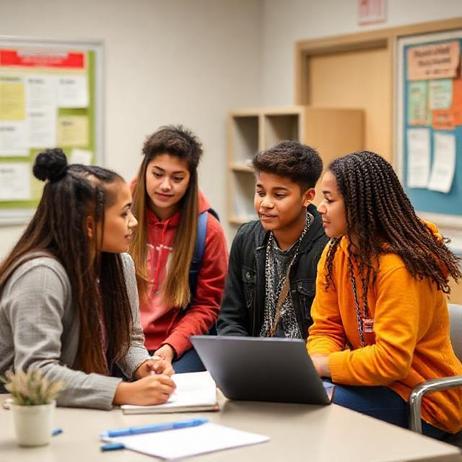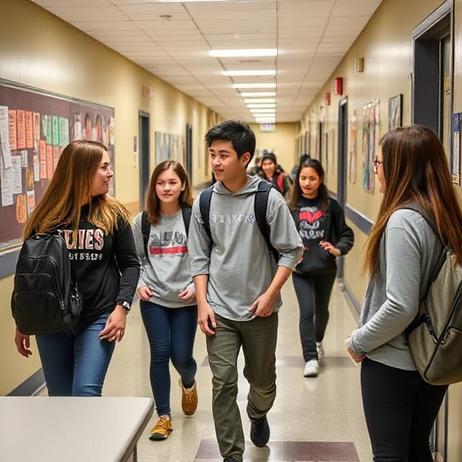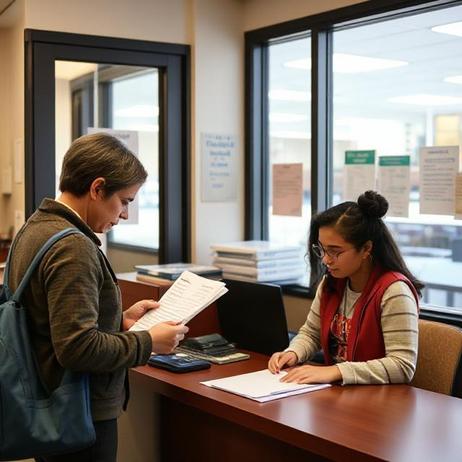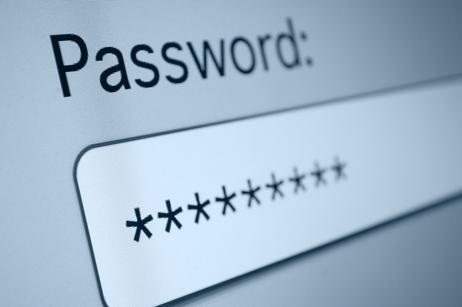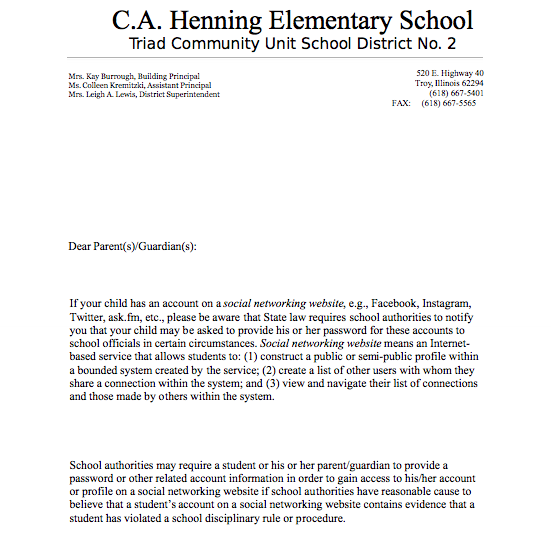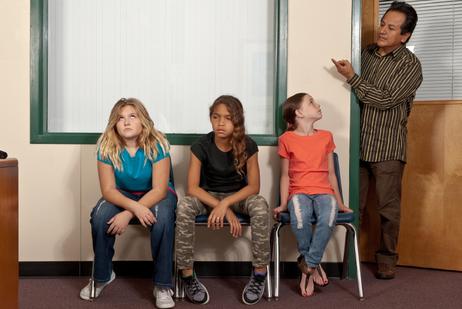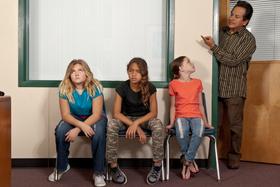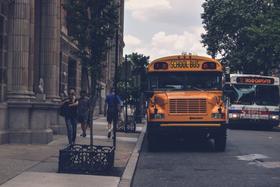How Public Schools Prepare Students for College: Best Practices
Understanding how public schools prepare students for college is essential for families evaluating academic pathways and long-term outcomes. Across the United States, districts continue to expand college-readiness initiatives that blend rigorous coursework, structured advising, workforce exploration, and personalized support. In 2025, many public school systems are refining these strategies to address rising expectations for postsecondary success. This article explains how public schools prepare students for college, highlights best practices, and outlines what families should look for when comparing schools.
Why College Readiness in Public Schools Matters
Public schools serve the majority of American students, which makes effective college preparation a national priority. For families, understanding how public schools prepare students for college provides insight into curriculum quality, teacher expertise, counseling access, and the real-world opportunities available during the high school years.
Several factors drive the need for strong college-readiness systems. College admissions have become more competitive, financial aid rules evolve each year, and students face increasing pressure to build authentic academic and extracurricular portfolios. Schools that understand how public schools prepare students for college often integrate academic, social-emotional, and logistical support.
Key drivers include:
Rising expectations for advanced coursework
Demand for dual-enrollment access
Need for earlier counseling and planning
Expansion of dir="ltr" style="list-style-type: disc; font-size: 11pt; font-family: Arial, sans-serif; color:

